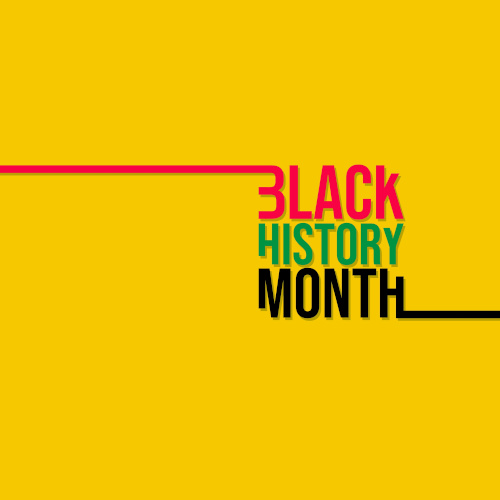During Black History Month, educators have the opportunity to delve into the difficult–and often uncomfortable–experiences of Black people in the U.S. and around the world.
Perhaps one of the most important “do’s” is this: Don’t limit your teaching of Black history to the month of February.
Check out these learning resources (last year’s resources are available here) to get started in February and to plan out how to include Black history in your teaching throughout the academic year.
1. The NEA’s site offers a great selection of resources to help students understand the Black experience in U.S. history. Lessons plans cover a number of subjects and can be adapted to fit multiple grade levels. A lesson on Musical Harlem for grades 3-5 lesson helps students learn about the Harlem Renaissance as they create original jazz artwork. In another lesson, The Illusion of Race, students in grades 6-8 investigate both genetic and societal consequences of the often-artificial and evolving classifications of race and ethnicity.
2. National Geographic is launching a powerful new podcast, Into the Depths, which uncovers the deep history of the transatlantic slave trade as it follows a group of Black divers who are dedicated to finding and helping to document slave shipwrecks. The podcast will also be accompanied by a cover story in the March issue of National Geographic magazine, available online on Feb. 7, and a National Geographic documentary special, Clotilda: Last American Slave Ship, premiering Feb. 7, on National Geographic and available to stream next day on Hulu. The podcast features over 40 voices, including underwater divers and archaeologists–descendants of those brought over on the ships, historians, and a variety of experts whom National Geographic Explorer Tara Roberts works with to uncover these stories.
3. The Center for Racial Justice in Education believes that the histories, stories, and voices of Black people should be centered, honored, and uplifted in school curricula every day. The Center also acknowledge the importance, relevance and origins of Black History Month. Resources to use throughout the school year include those that celebrate Black History Month, tools that highlight the underrepresentation of Black stories and experiences in schools, how and why to bring attention to equality and racial justice movements, and more.
4. Black Lives Matter at School is a national coalition organizing for racial justice in education. The site encourages all educators, students, parents, unions, and community organizations to join the annual week of action during the first week of February each year. Educators and organizers from around the country worked collaboratively to curate a variety of classroom resources for every age group. These resources are all free of charge and meant to be shared and used. The goal of these lessons and activities is to challenge racism and oppression and providing students with the vocabulary and tools needed to take action.
5. The African American History Month’s website puts the power of primary sources to work in the classroom. Educators can browse ready-to-use lesson plans, student activities, collection guides and research aids. Access thousands of primary sources and an ever-expanding collection of document-based activities spanning the course of American history created by the National Archives and teachers around the world. Discover the activities, such as Analyzing a Letter from Jackie Robinson: “Fair Play and Justice,” The Impact of Bloody Sunday in Selma, We Shall Overcome: March on Washington, and Examining Where Rosa Parks Sat.
6. Black history is American history, but finding (or creating) interactive lessons that help students draw connections between history and modern day can be challenging. That’s why WeAreTeachers offers the 306: African American History and 306: Continuing the Story high school curriculums from EVERFI. You’ll have everything you need to plan lessons and engaging activities for grades 8-12 that are meaningful, turn-key, and free.
7. The Center for Interactive Learning and Collaboration launched a Black History Month package of fresh and engaging virtual and interactive real-world expeditions for students that cover significant historical, cultural and societal events. CILC’s 10 virtual fieldtrips transcend other well-intentioned, but often one-dimensional and overly simplified narratives of African American historical figures by providing students with a detailed look at the encounters, achievements, and heroism of everyday African Americans throughout history.
- Friday 5: Universal Design for Learning - April 19, 2024
- Educators love their edtech, but want more training - April 18, 2024
- Friday 5: College and career readiness - April 12, 2024


